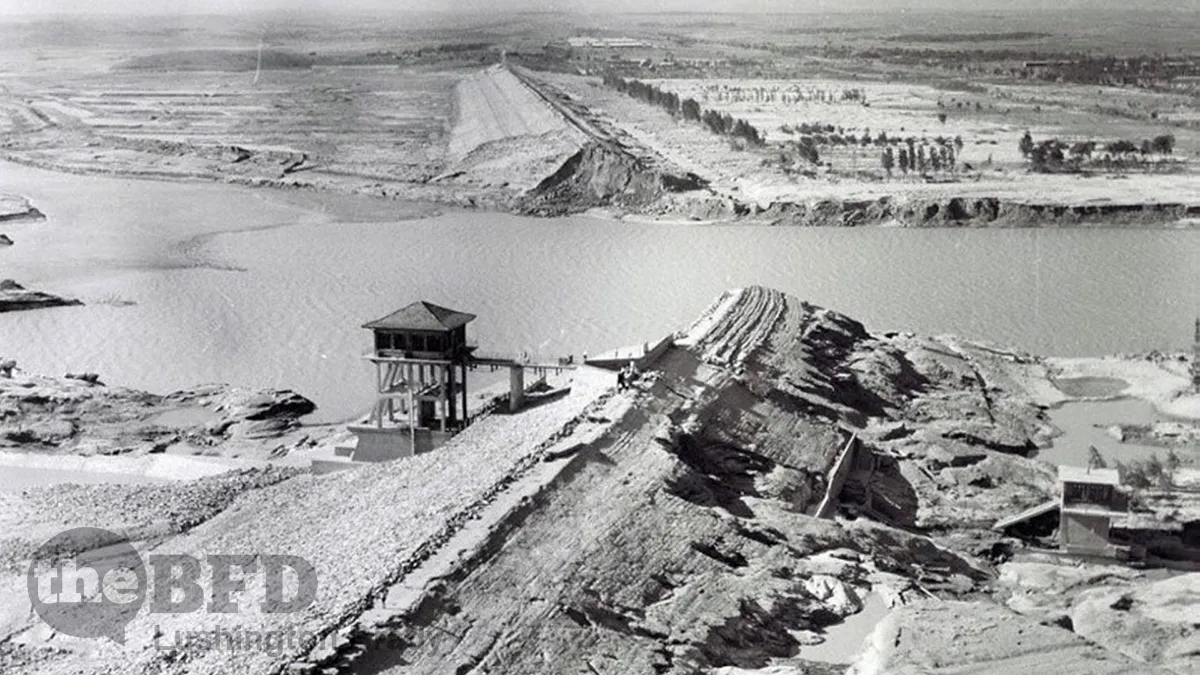Table of Contents
Beware of Greeks bearing gifts, used to be the saying. Today, it might be better phrased as, Beware of Chinese bearing development aid. Xi Xinping’s Belt and Road Initiative is notorious for trapping unwary countries and their gormless leaders in a debt-trap, in exchange for cheap Chinese knockoffs that start falling apart almost before they’re finished.
No wonder lackwit authoritarians like Dan Andrews and Jacinda Ardern were so greedy to sign up for the BRI. Australia dodged a bullet when the Morrison government intervened and tore up Dictator Dan’s BRI agreement. Whether new NZ PM Chris Hipkins will have the smarts to do the same with Ardern’s agreement with Communist China remains to be seen.
In the meanwhile, the experience of other nations foolish enough to sign on Xi’s dotted line might be a salutary lesson for New Zealand.
Built near a spewing volcano in San Luis, it was the biggest infrastructure project ever in Ecuador, a concrete colossus bankrolled by Chinese cash and so important to Beijing that China’s leader, Xi Jinping, spoke at the 2016 inauguration.
Today, thousands of cracks have emerged in the $4bn Coca Codo Sinclair hydroelectric plant, government engineers said, raising concerns Ecuador’s biggest source of power could break down. At the same time, the Coca River’s mountainous slopes are eroding, threatening to damage the dam […]
It is one of many Chinese-financed projects around the world plagued with construction flaws.
Well, colour me shocked.
Xi has thrown around a trillion in “development loans”, sucking greedy developing countries into debt crises and leaving them with low-grade Chinese knockoffs that contribute little to actual development, and a great deal to environmental degradation.
Now, low-quality construction on some of the projects risks crippling key infrastructure and saddling nations with even more costs for years to come as they try to remedy problems […]
In Pakistan, officials shut down the Neelum-Jhelum hydroelectric plant last year after detecting cracks in a tunnel that transports water through a mountain to drive a turbine. The head of the country’s electricity regulator, Tauseef Farooqui, told Pakistan’s Senate in November that he was concerned the tunnel could collapse just four years after the 969-megawatt plant became operational. That would be disastrous for a nation that has been battered by rising energy prices, said Farooqui. The closure of the plant is reportedly costing Pakistan about $44m a month […]
Uganda’s power generation company said it has identified more than 500 construction defects in a Chinese-built 183-megawatt hydropower plant on the Nile River that has suffered frequent breakdowns since beginning operation in 2019 […]
In Angola, 10 years after the first tenants moved into Kilamba Kiaxi, a vast social housing project outside the capital, Luanda, many locals are complaining about cracked walls, mouldy ceilings and poor construction […]
Completion of another Chinese-built hydropower plant further down the Nile, the 600-megawatt Karuma Hydro Power Project, is three years behind schedule, a delay Ugandan officials have blamed on various construction defects, including cracked walls. UEGC also said the Chinese contractor, Sinohydro Corp, installed faulty cables, switches and a fire extinguishing system that need to be replaced. Earlier this year, the government had to start paying back the $2bn it borrowed from the Export-Import Bank of China to finance the inoperational project.
The Australian
And there are saboteurs hiding inside the gift horse: despite being lumped with infrastructure projects that are literally falling apart after just a few years, killing local workers and wreaking havoc on local environments, China is still insisting on being paid back the money borrowed to build these Trojan lemons.
And when they can’t pay? Watch China declare that it has no option but to take over and run it directly from Beijing. And if the locals ark up? Chinese “security” teams which look suspiciously like invading armies will be sent in to “safeguard Chinese interests”.
The Labor government will sign on the dotted line at New Zealand’s peril.









